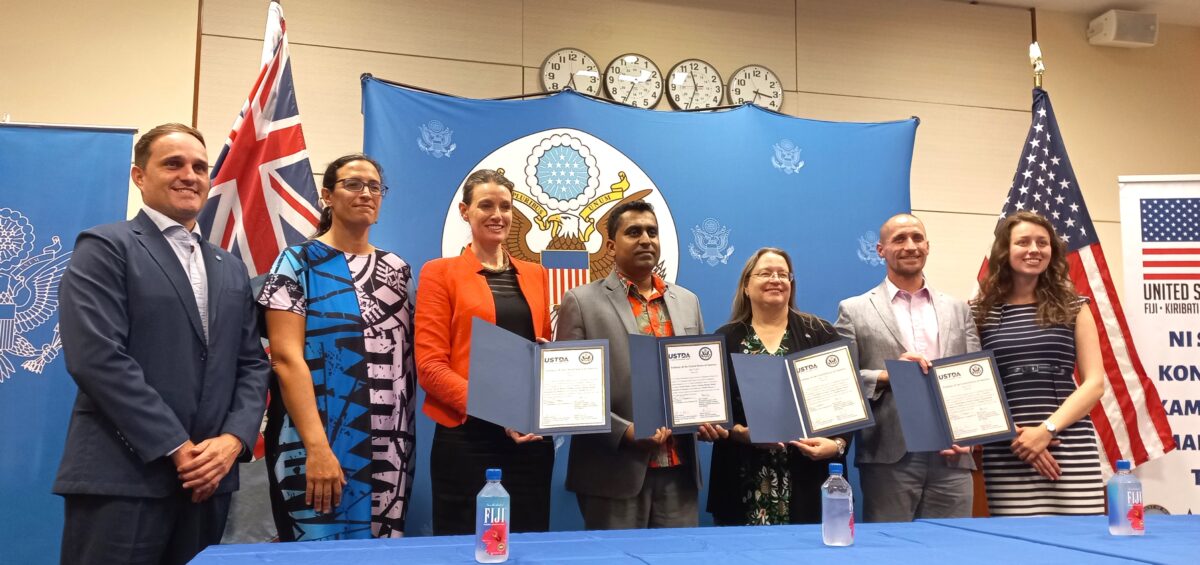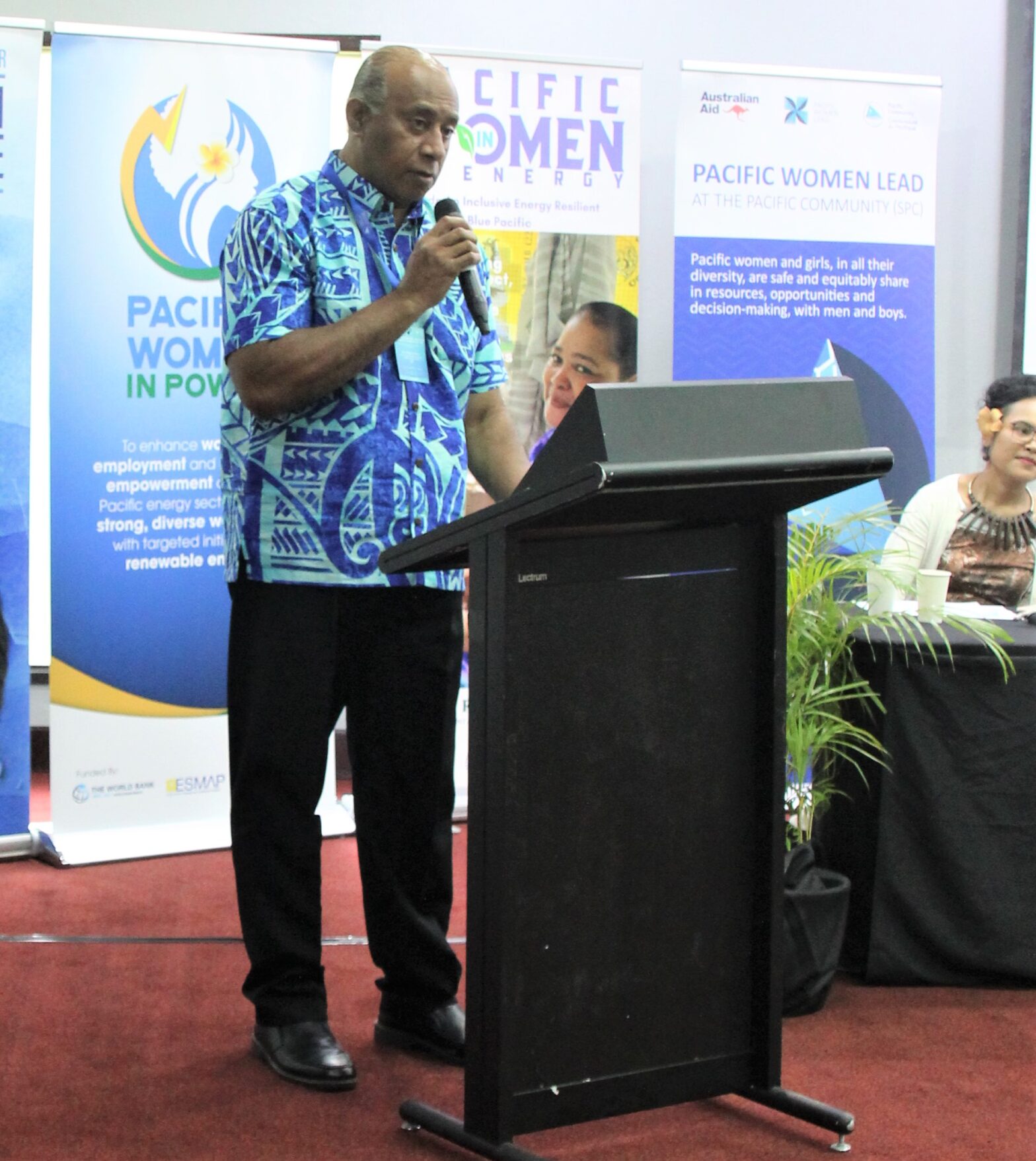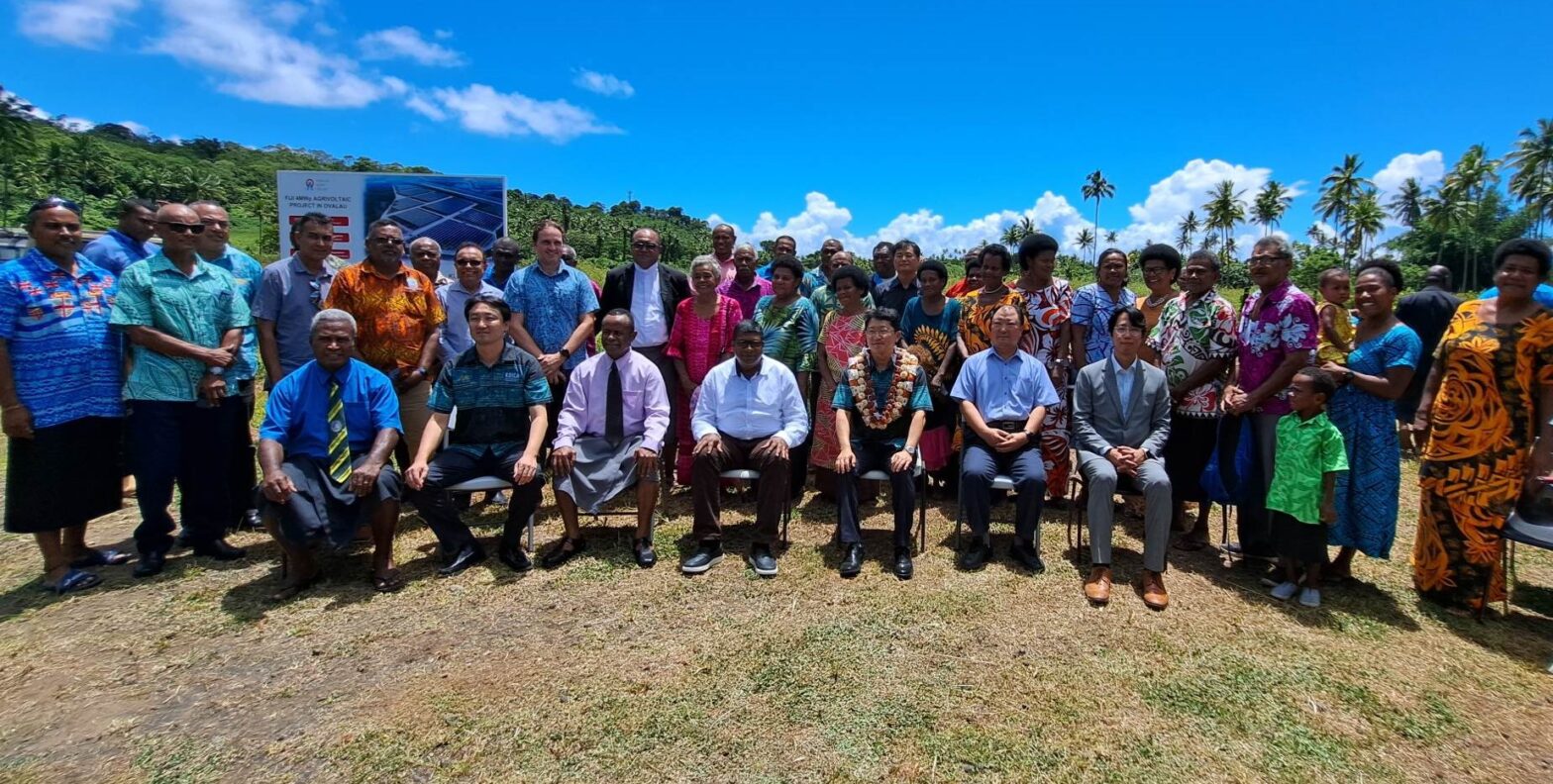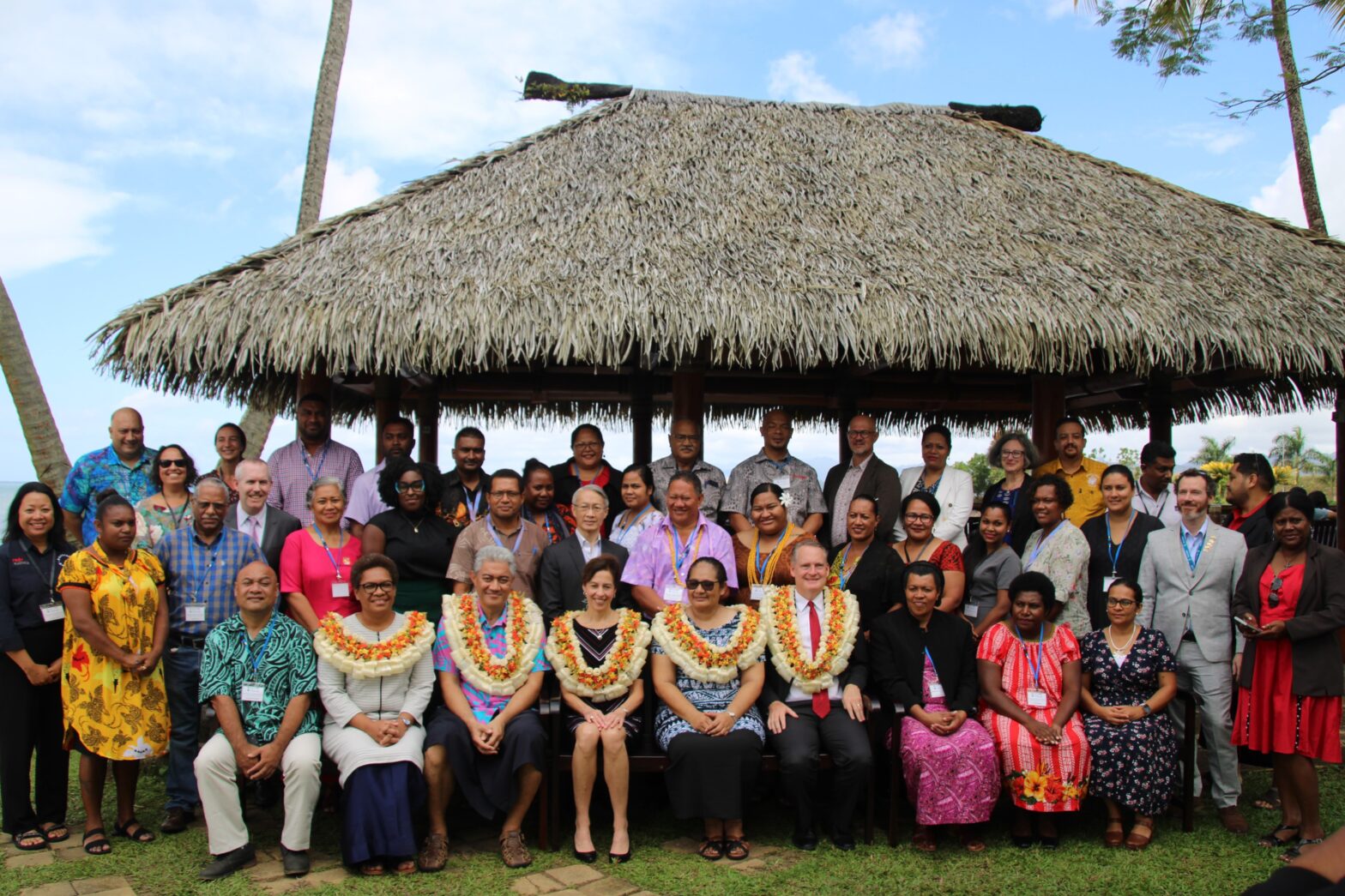Fiji is a step closer to its goal to provide 100 percent of its population with access to affordable, reliable, safe and clean energy services.
Wednesday, the United States Trade and Development Agency (USTDA) awarded a US$750,000 grant to Fiji’s Ministry of Finance, Strategic Planning, National Development and Statistics (MoF) for a feasibility study that will advance Fiji’s goals of 100 percent rural electrification and renewable power generation by 2030.
United States Ambassador, Marie Damour said prospects for clean energy in the Pacific have generated enormous enthusiasm and excitement.
“We are acutely aware that the Pacific Island countries are most exposed to the effects of climate change and depend on fossil fuels for energy,” Damour said.
“So, the more we can do to switch to clean energy, we will be looking at a brighter future, but the hardest part of taking advantage of solar power, especially in rural areas is figuring out how to get started.
“And that’s exactly what this partnership that we’re celebrating today will accomplish.”
This collaboration will provide clean, affordable energy to 25,000 Fijians living in rural and isolated communities throughout Fiji.
The study will support the development of up to 75 solar-powered mini-grids with energy storage.
It will assess 300 isolated communities that lack access to reliable and affordable electricity and prioritise 75 for community engagement and detailed feasibility assessments.
Fiji’s MoF selected Arizona State University’s (ASU) Laboratory for Energy and Power Solutions (LEAPS), Global Green Growth Institute (GGGI), and XENDEE Corporation to carry out the study.
“The Ministry of Finance expresses gratitude to USTDA for this new partnership and is excited to leverage the technical expertise of the ASU, GGGI, and XENDEE consortium,” Permanent Secretary of the MoF, Shiri Gounder said.
“So far Fiji has managed to collect almost 96 percent of our population to energy and there is 4 percent that is in very isolated areas and it’s these kinds of projects and support from development partners that are critical for us to not only increase the electricity collections, but move towards clean energy, and we look forward to work with the government of U.S and all the partners in this initiative,” he said.
Arizona State University Associate Professor Nathan Johnson said when it comes to climate change, “we all must be united.”
“The USTDA graciously funded this work through the Global Partnership for climate smart infrastructure, an initiative focused on providing resilient energy and transportation projects that promote decarbonisation, and protect against extreme weather, sea level rise and other climate change impacts.”
“We have to come together in the boldness of biodiversity, to come up with a solution at a scale that makes a difference at a timescale that is soon enough to avoid those critical impacts and at the same time, benefit people that just need to live their lives every day, who don’t have enough of what they need, and what perhaps most of us take for granted,” said GGGI Deputy Director-General Helena McLeod.
“Energy is one of the areas that we really focus on, it’s been an area that you’ve really asked us to work on and we’re proud to work on that.
“Whilst we won’t be reaching all of the rural population, this provides a model that can be scaled even,” said McLeod.
This site assessment includes the development of technical models, geospatial site planning, sustainable business models, climate change impact assessments, and ownership and operation models.
The study will also include the preparation of public tender documents for the construction, operation and maintenance of the mini-grids.




